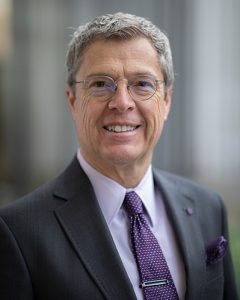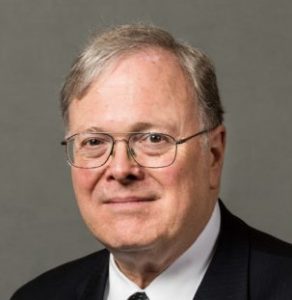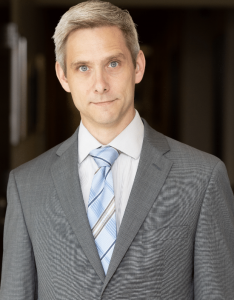The COVID Crisis as a Crisis of Trust
 Brett G. Scharffs is Rex E. Lee Chair and Professor of Law and Director of the Law School’s International Center for Law and Religion Studies at Brigham Young University J. Reuben Clark Law School
Brett G. Scharffs is Rex E. Lee Chair and Professor of Law and Director of the Law School’s International Center for Law and Religion Studies at Brigham Young University J. Reuben Clark Law School
Ask a family therapist what is most likely to destroy a marriage, or a business consultant what is most likely to damage a successful enterprise, or a political scientist what will sabotage a nation – and you are likely to get the same answer: Trust, or to put it negatively, the end of trust.
When we stop trusting each other, or the institutions we inhabit, it is difficult to imagine what else we might do right that will compensate for the harm done by the eradication of trust. Thus, it is through the “prism of trust” that I have been thinking about the coronavirus crisis and its effects on us as individuals, and upon our most important institutions, including for religious leaders and the institutions they steward.


